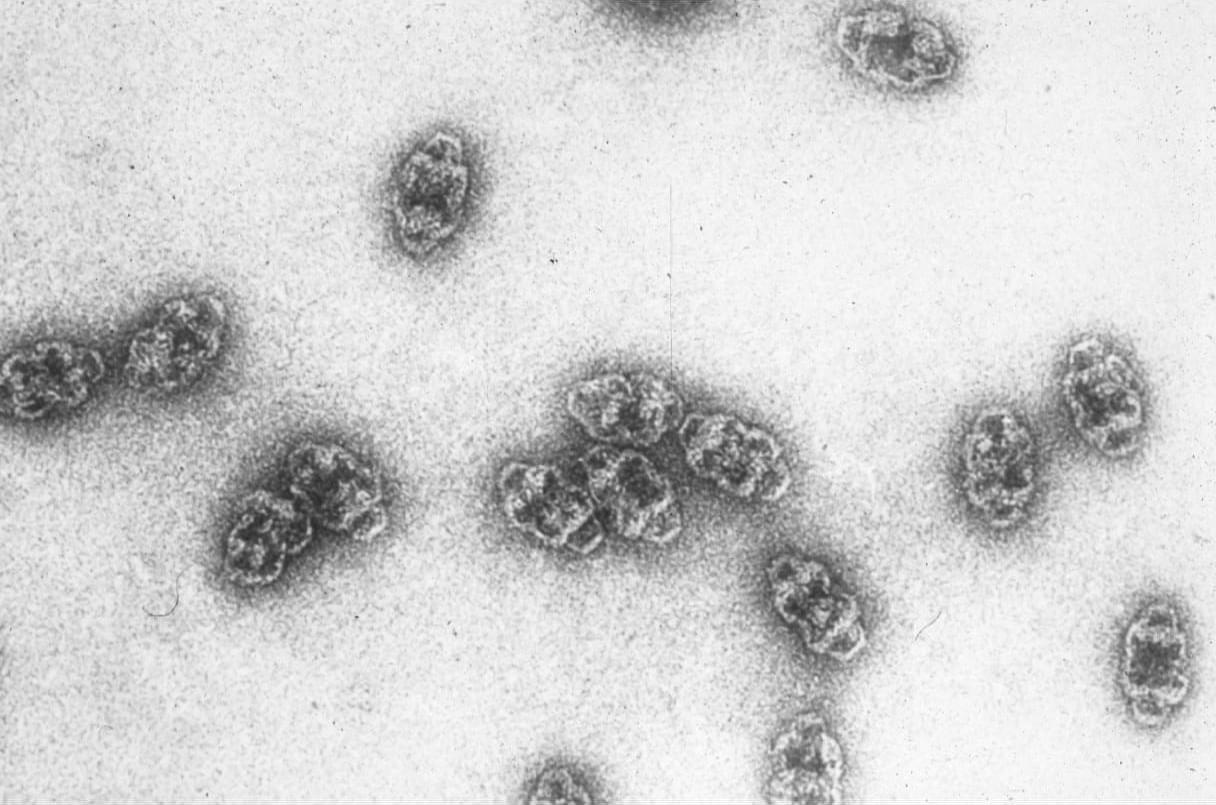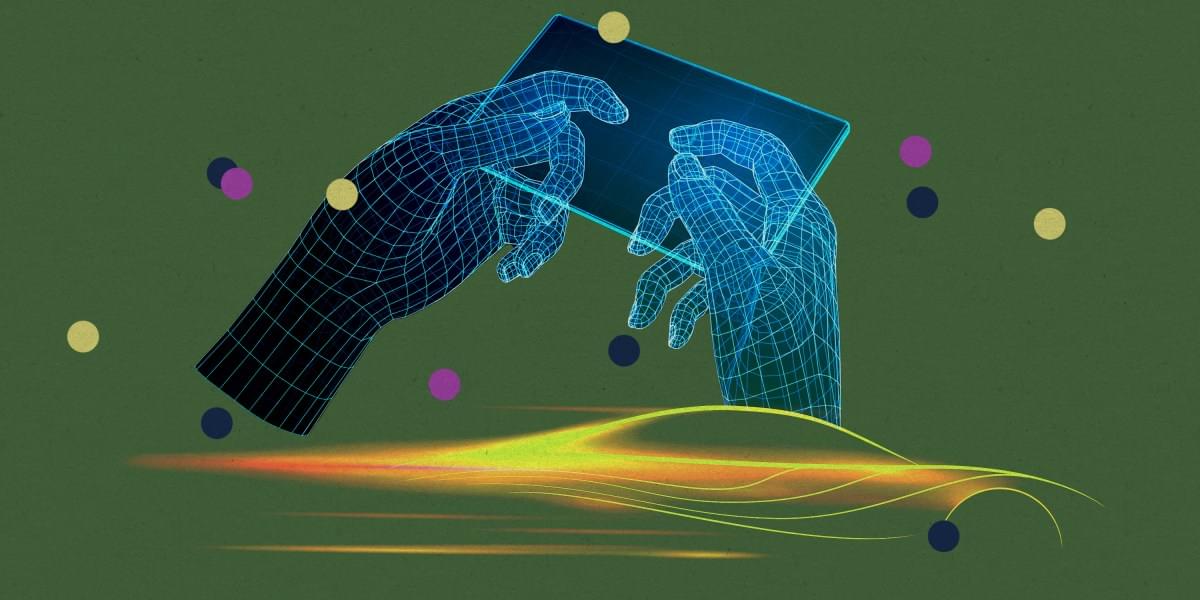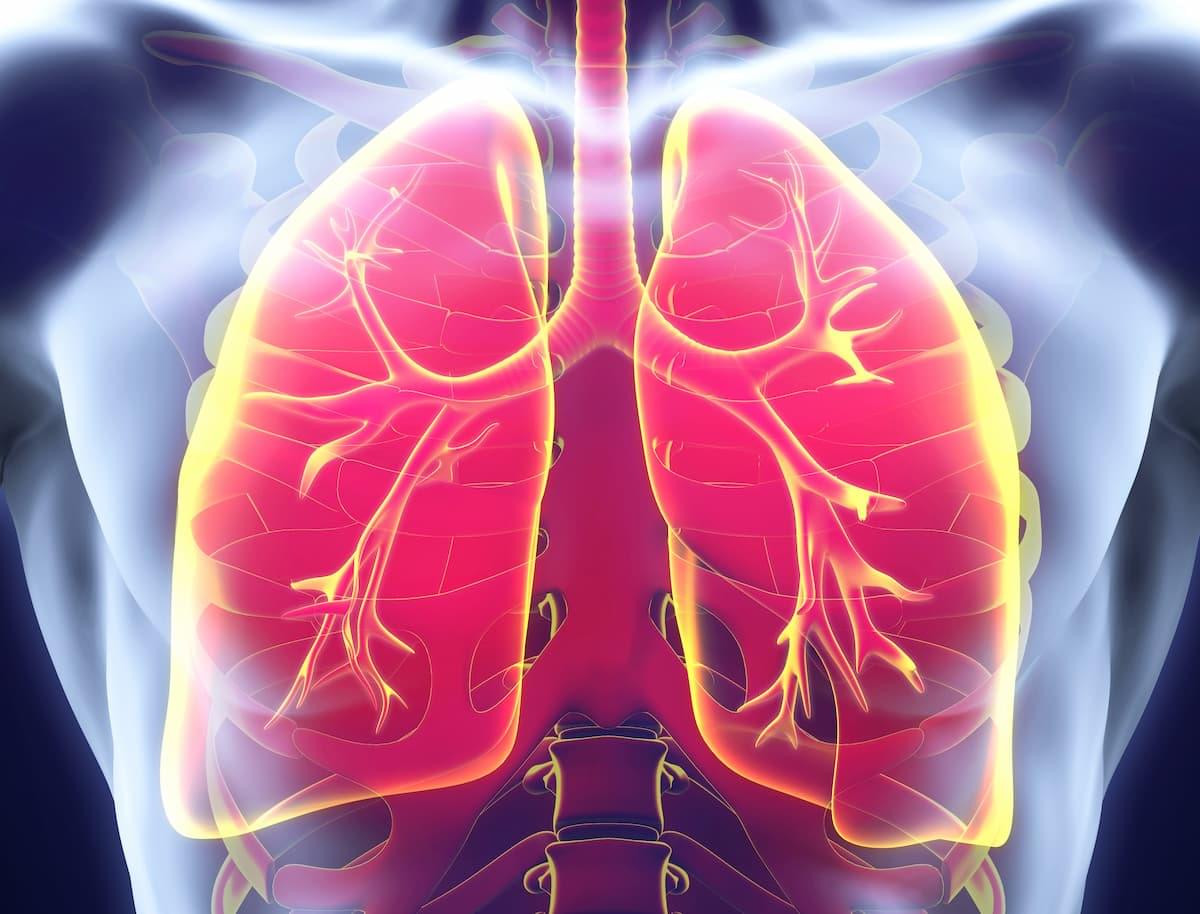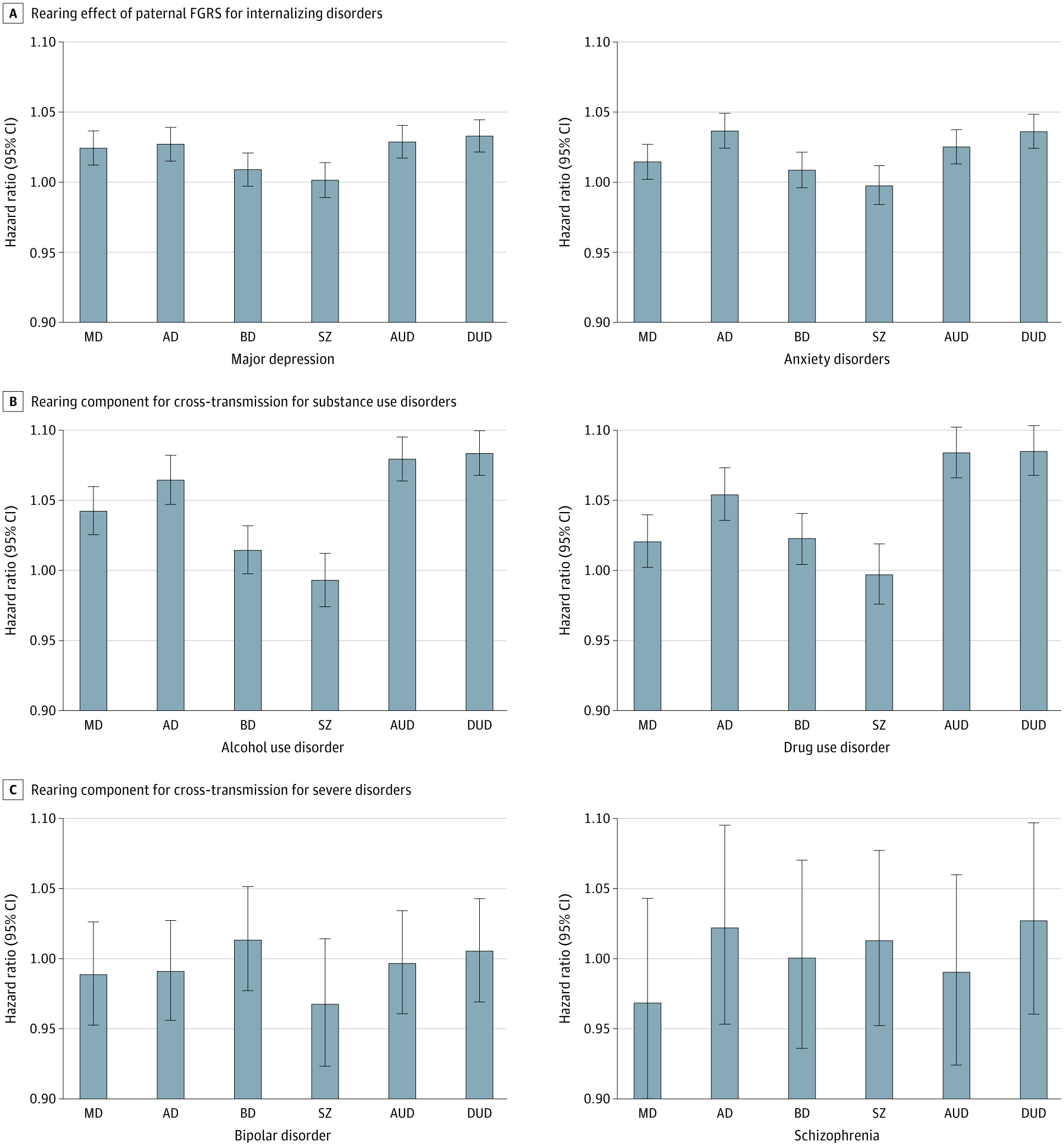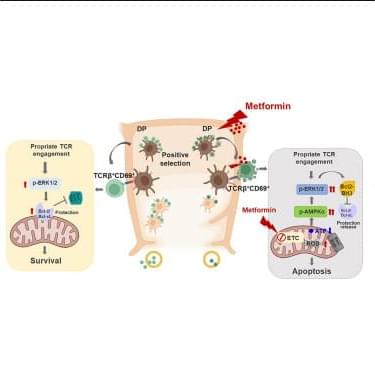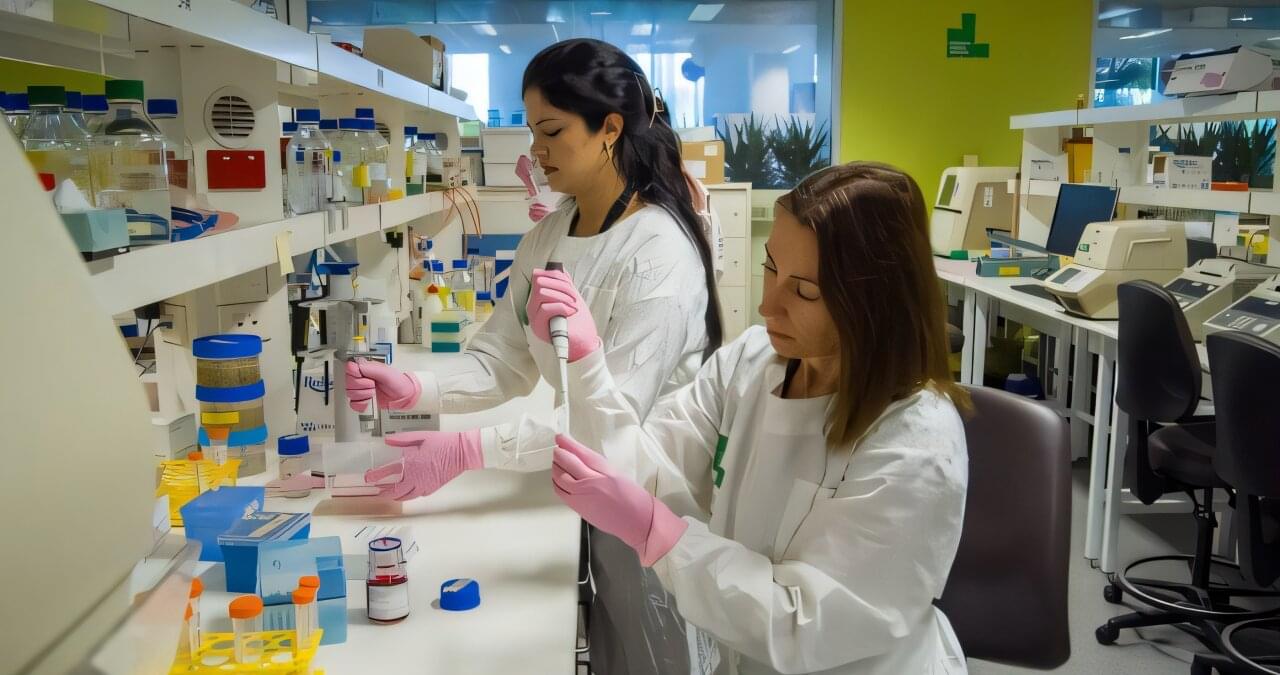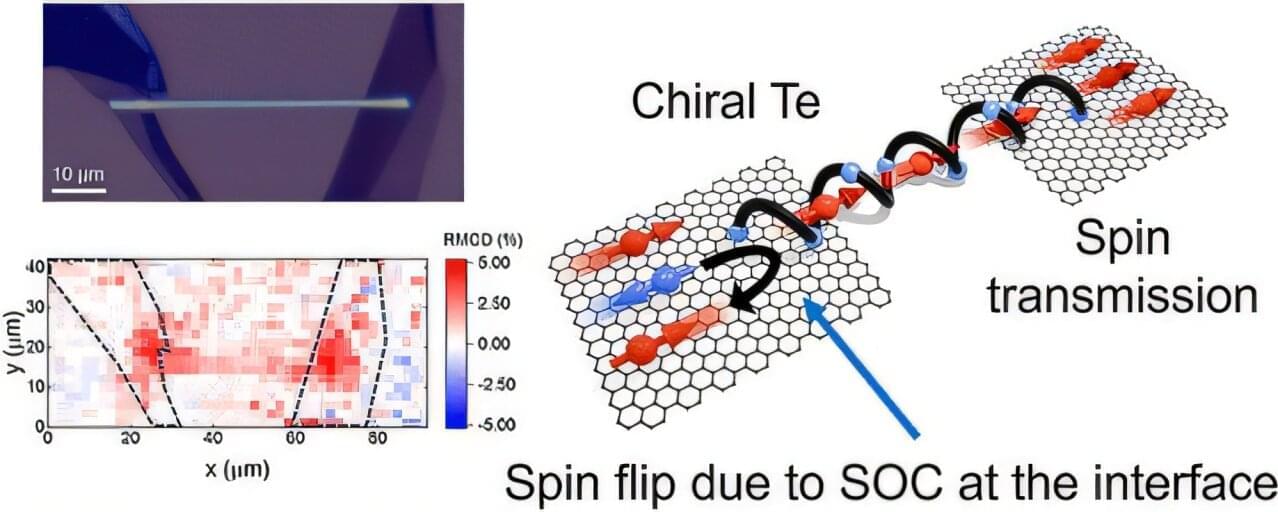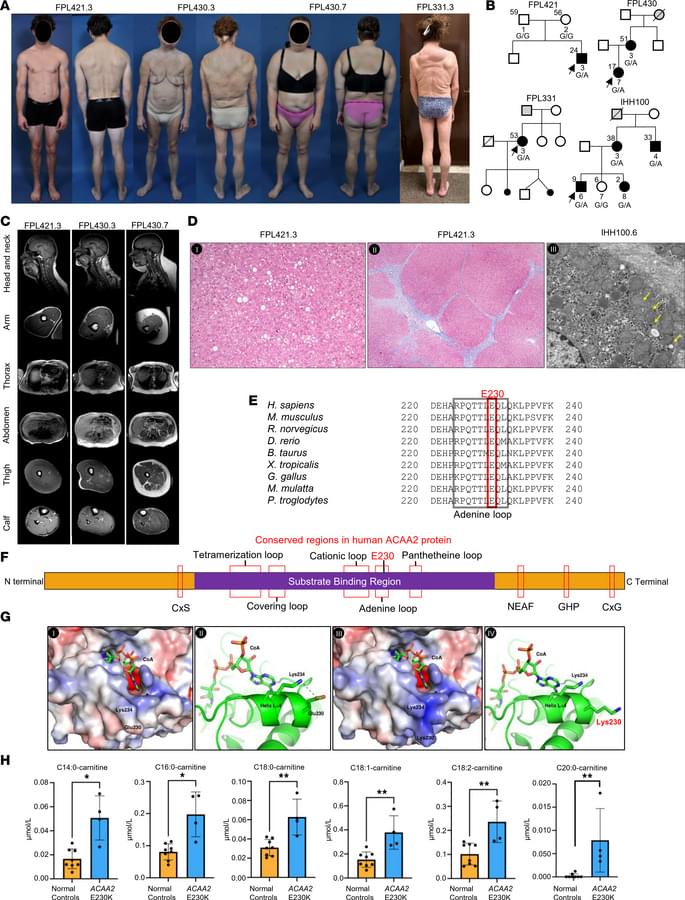Among patients with central nervous system (CNS) metastases at baseline, the 36-month OS rate was 57% (95% CI, 48%-66%) with osimertinib/chemotherapy and 40% (95% CI, 31%-49%) with osimertinib alone. The 36-month OS rates among patients without CNS metastases were 67% (95% CI, 59%-74%) vs 58% (95% CI, 50%-65%) in each respective arm. Additionally, the 36-month rates were 54% (95% CI, 44%-63%) vs 42% (95% CI, 32%-51%) among patients with EGFR L858R mutations and 69% (95% CI, 61%-75%) vs 57% (95% CI, 49%-64%) among those with EGFR exon 19 deletions.
When considering patients who discontinued frontline osimertinib following disease progression, 69% (n = 88/127) of patients in the combination therapy arm and 77% (n = 143/185) in the monotherapy arm received subsequent therapy. The most common types of first subsequent therapy in the combination arm included platinum-based chemotherapy (44%) and non–platinum-based chemotherapy (30%). Among patients who received osimertinib monotherapy, the most common kind of subsequent treatment was platinum-containing chemotherapy (72%).
“The combination therapy used in this trial was associated with a higher incidence of grade 3 or higher adverse events and of [AEs] leading to the discontinuation of treatment than osimertinib monotherapy. Most high-grade toxic effects associated with the combination therapy were related to myelosuppressive effects, which are generally dose-related and reversible, with supportive interventions available to ameliorate such effects,” lead study author Pasi A. Jänne, MD, PhD, senior vice president of Translational Medicine and professor in the Department of Medical Oncology at Lowe Center for Thoracic Oncology of Dana–Farber Cancer Institute, wrote with coauthors in the publication.1 “Results from this trial provide evidence that first-line treatment with osimertinib plus platinum/pemetrexed led to significantly longer [OS] than osimertinib monotherapy among patients with EGFR-mutated advanced NSCLC.”
